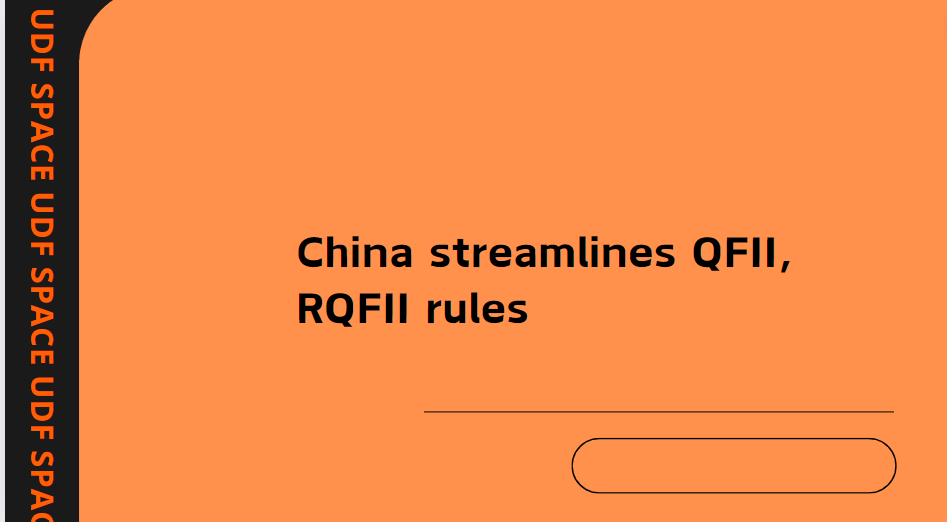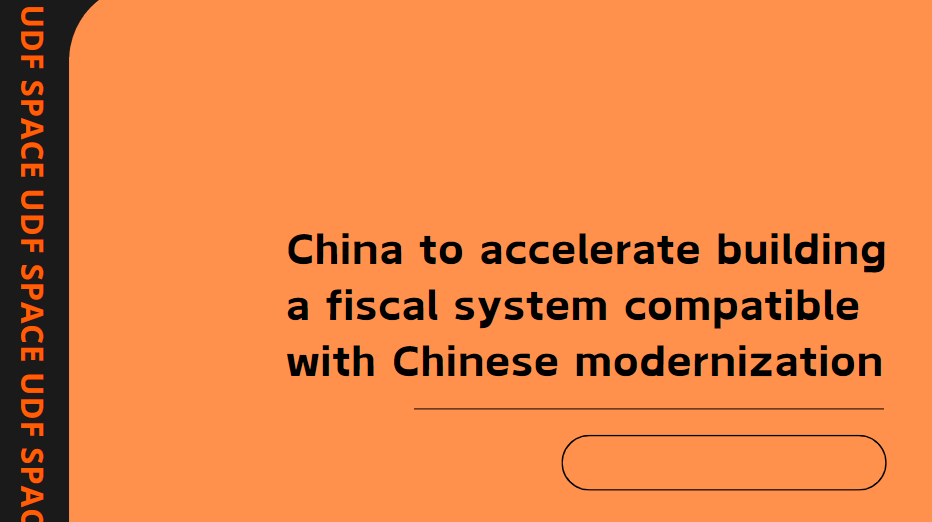More oversight for payment platforms
China released a set of detailed rules on Friday to strengthen supervision of payment platforms, in a bid to ensure the healthy and sustainable development of the sector.
This follows calls for seamless financial regulation at a top-level meeting recently.
The People's Bank of China, the country's central bank, unveiled the full spectrum of rules aimed at ensuring solid implementation of the measures for supervising and managing nonbanking payment institutions, which were earlier issued by the State Council and took effect on May 1.
The detailed rules have moderately raised the requirements on registered capital and net assets of nonbanking payment institutions — which offer payment services but are not banks, such as Alipay — to enhance their risk prevention capabilities.
The minimum registered capital for nonbank payment institutions has been set at 100 million yuan ($13.79 million). Based on additional requirements of the rules, experts said the minimum registered capital for some nationwide, full-license institutions could be as much as 400 million yuan.
The rules have also strengthened the management of payment institutions' equity structure so as to prevent any circumvention of regulation, and specified the qualifications of directors, supervisors and senior executives of such institutions.
The PBOC and its branches have been authorized to conduct suitability assessments of prospective directors, supervisors and senior executives of nonbank payment institutions.
Yan Fang, head of the PBOC's Payment and Settlement Department, said the detailed rules have differentiated regulatory requirements for payment institutions that engage in stored-value account operation and payment transaction processing.
"Regardless of the apparent form of payment services, they can be classified and managed based on their substance. This will facilitate consistent regulation of similar services and promote fair competition," Yan said.
Yang Haiping, a researcher at the Central University of Finance and Economics' Institute of Securities and Futures, said the rules will help advance full-spectrum supervision throughout a payment platform's life cycle.
"This approach will help the payment sector better serve the real economy, prevent disorderly capital expansion into the sector and curb any abuse of monopoly market positions by payment platforms that could infringe on consumer rights. Consequently, this will foster the sector's healthy and sustainable development," Yang said.
The rules unveiled on Friday came after a resolution adopted at the third plenary session of the 20th Central Committee of the Communist Party of China called for efforts to improve the financial regulatory system to ensure that all financial activities are regulated in accordance with the law.
The resolution also vowed to make it more convenient for visitors to conduct payment transactions in the Chinese mainland.
Yan, the PBOC official, said foreign visitors can now flexibly choose among various payment methods, including bank cards, cash and mobile payments.
In June, 1.61 million transactions were made via overseas bank cards on the Chinese mainland, with the transaction volume amounting to 2.9 billion yuan, both approximately doubling from the levels seen in February.
In the first half of 2024, over 5 million inbound visitors used mobile payments, a fourfold increase year-on-year, Yan said.






















































First, please LoginComment After ~